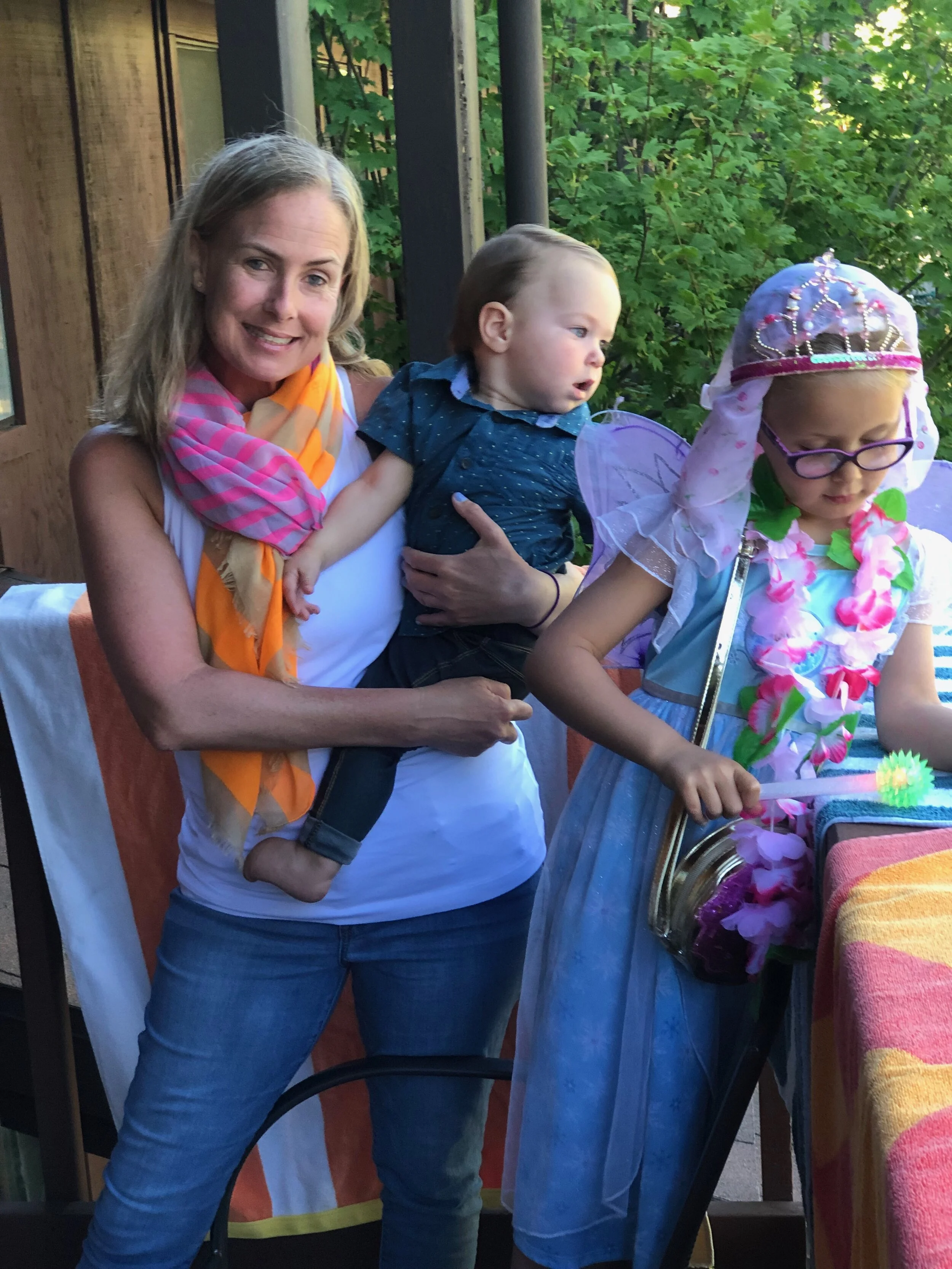-------------------------------------
Name: Carrie Friedberg
Job: Founder at SF Money Coach
Origin: Palo Alto
-------------------------------------
Carrie Friedberg has been teaching individuals, families and small business owners all over the world how to align spending, saving, and earning with their values since 2010. At the age of 30, Carrie realized she had never balanced a checkbook, stuck to a budget or been able to sustain savings. She thought that financial freedom meant “swiping the card!” So began her quest for a financial education.
She read innumerable books, tried Quicken, Mint, traditional financial therapy and even designed her own financial tracking software to no avail. At a friend’s suggestion, Carrie hired a money coach and, finally, found what she had been looking for. For the first time in her life, Carrie had access to essential financial tools, distinctions and awareness as well as an accountability partner to help her look at the emotional side and psychology of money. The results were so profound that Carrie decided to do the intensive financial counselor training program at the Financial Recovery Institute and completed the Financial Behavior Specialist certification at Creighton University. She started her own holistic money coaching practice in 2010. She has an extensive background in education, mindfulness, positive psychology and personal development. She has been featured by the US News, Forbes, and Oprah and many other media outlets. Carrie has consulted with Visa, Macy’s, Google, University of San Francisco, Kansas State University and UC Berkeley.
Why do you believe SF Money Coaching is important?
“Our relationship with money lasts a lifetime and can be fraught with negativity from childhood and older years, if certain financial flash points and memories haven't been processed in therapy or other healing modalities. I am a stand for everyone on the planet having a healthy and sustainable relationship with money.”
In your experience, what does a “healthy relationship with money and finance” look like and can at some point it ever become unhealthy?
A healthy relationship with money looks like being connected: knowing how much you have, how much you earn, what your savings needs are and how you spend your money. Signs of a potentially unhealthy relationship with money are avoidance of money-related matters such as mail, bills, paperwork or taxes. Stress in relationships or money worries that affect sleep or health in general can be signs of imbalance and a need for help.
What are your thoughts on working-at-home and with the global events going on? How have you and/or your company adapted to this new lifestyle?
“Prior to COVID-19, I conducted about two-thirds of my client appointments via video online. I do miss seeing my Bay Area clients in person and, as we all know, some important nuances such as body language, facial expressions and eye contact are lost online. I am happy to report that my business has thrived throughout the pandemic, I've started up with several new clients and some existing clients have doubled up on appointments..”
Are there any personal tips or advice you would give to others during these difficult times?
“I always say, when the going gets tough, double up on self-care. It's more important now than ever to take excellent care of ourselves managing the basics of eating properly and sleeping enough as well as physical activity, spiritual fitness and safe social interaction.“
How was your first experience with HanaHaus and what do you miss most about it?
“I love the easy parking, stunning aesthetics, high ceilings, Blue Bottle coffee and warm staff. My primary activity at HanaHaus is renting conference rooms for 1-1 client meetings. I also used the open seating for work between appointments. My clients always felt taken care of by the staff at HanaHaus, and the setting is professional and inspiring.”
In our blog series, People of HanaHaus, we present the folks that fill our workspace cafe with life: Start-Uppers, entrepreneurs, artists, founders, innovation managers, students, unicorns, venture capital investors and the people who make HanaHaus unique. We want to learn about their journeys. We ask them to speak about their current projects and how they leverage HanaHaus for their business.



